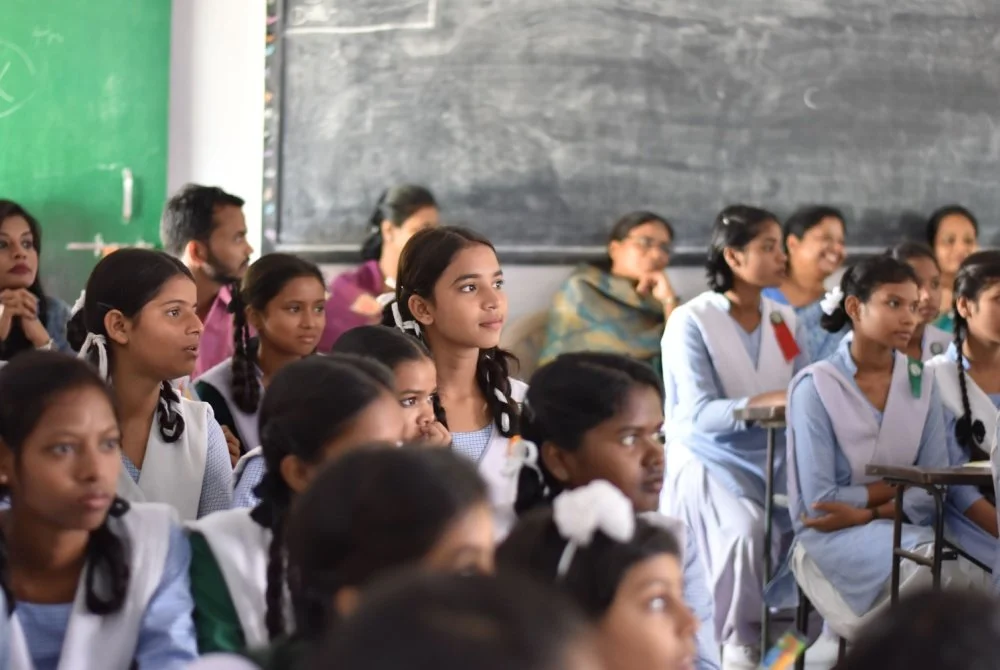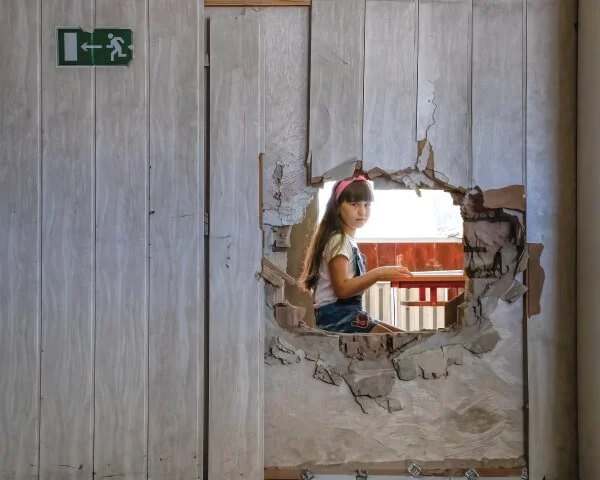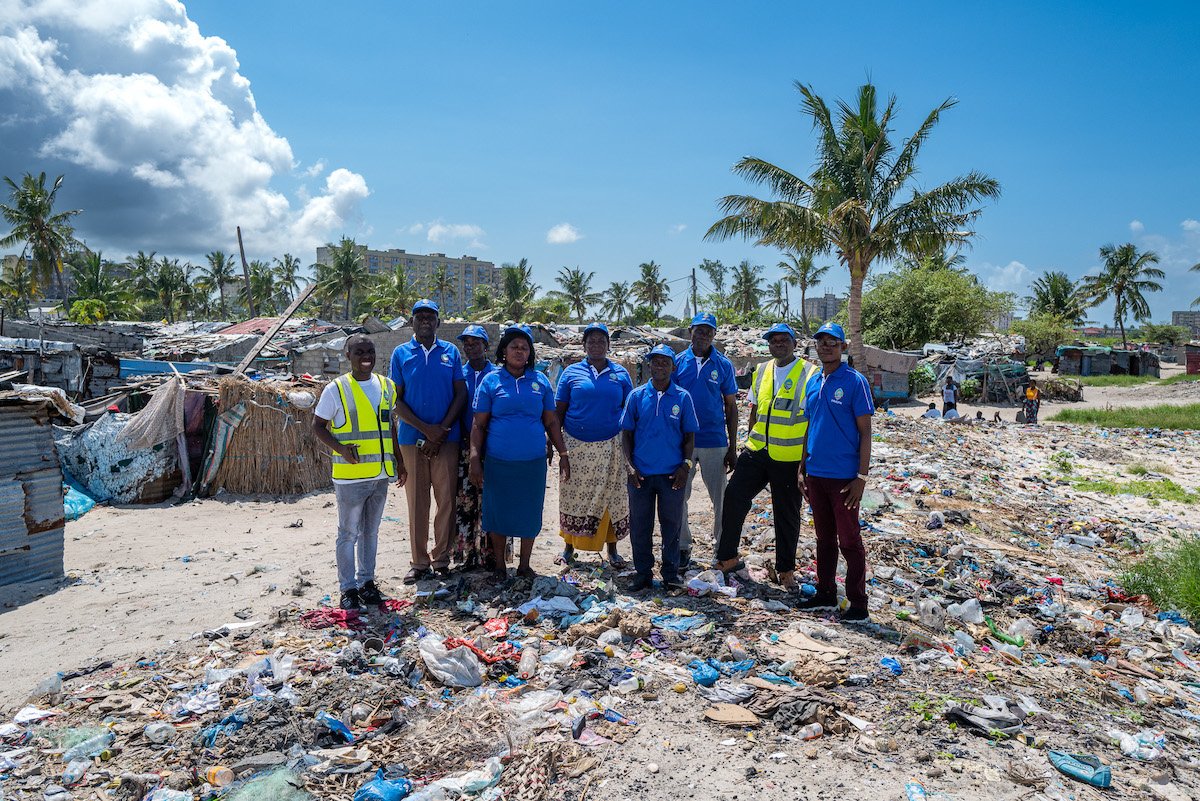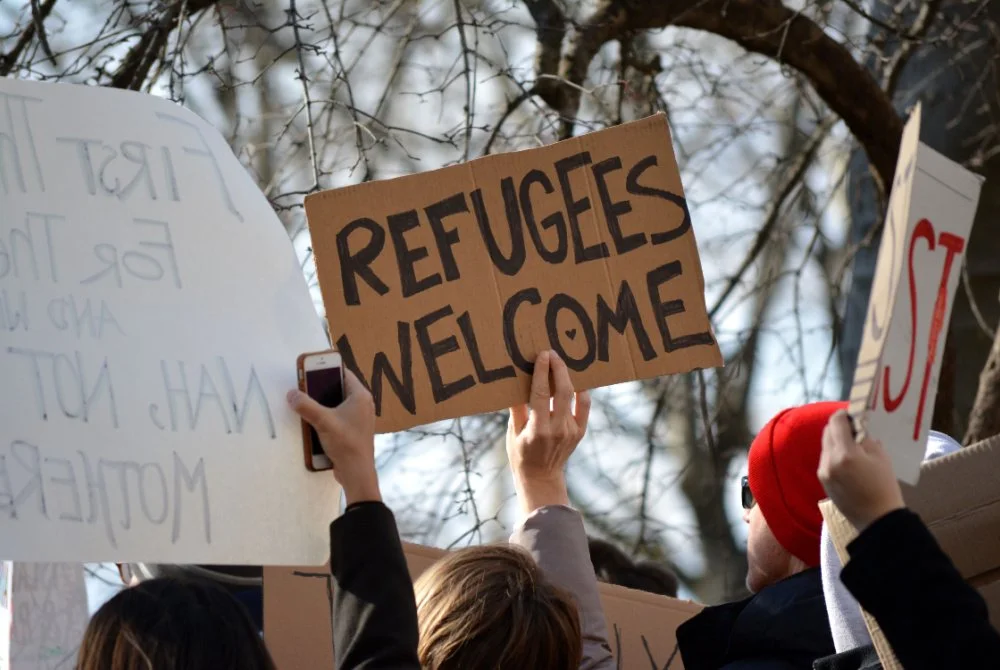Collaboration is Key. Why Three of Europe’s Largest Funders Have Joined Forces
/extreme weather is one focus of the new funding. photo: Ekaterina Pokrovsky/shutterstock
There's growing agreement that achieving real progress in the face of society’s most persistent and complex global health and development challenges will require collaborative solutions that involve multiple actors from multiple sectors. Nonprofits and grantmakers alike must put aside their sometimes narrow organizational agendas and focus on the bigger picture.
New examples of collaboration keep popping up in our coverage of philanthropy in the United States. But there's also action unfolding overseas.
In Europe, a notable collaboration involves three of the largest charitable organizations on the continent: Wellcome Trust, Volkswagen Foundation and Riksbankens Jubileumsfond (RJ). Just how big are we talking? Here’s a quick look:
With an investment portfolio around £20 to £21 billion, the Wellcome Trust is one of the largest charitable organizations in Europe, and has dedicated billions of dollars in funding to back health projects in over 70 countries around the world.
The Volkswagen Foundation dubs itself “Germany’s largest independent scientific sponsor,” and promotes interdisciplinary and cross-border science. With €3.1 billion in foundation capital, Volkswagen also supports a wide range of projects in the humanities, social sciences and higher education.
RJ awarded around 438 million SEK ($50 million to $55 million USD) in new research grants in 2016. Most Americans may never have heard of the Swedish nonprofit, but it is giant nonetheless, with assets hovering at around SEK 13.4 billion (about $1.6 billion USD).
Wellcome Trust, the Volkswagen Foundation and RJ have come together to tackle some of the most pressing global health and development challenges the world faces today. Each of the partners is funding two projects directly and they aren’t picking off low-hanging fruit, here.
The trio has awarded €5 million to six interdisciplinary research groups to support a diverse set of projects ranging from the Syrian refugee crisis to climate action in the global south. First, a look at the winners:
- Erik Berglöf at the London School of Economics received funding for his work researching how best to protect and integrate Syrian refugees.
- Jenny Phillimore at the University of Birmingham received a grant for her work investigating sexual and gender-based violence in the global refugee crisis.
- Thomas Hale at the University of Oxford landed a grant for his study on strengthening non-state climate action in the global south.
- Anders Levermann at the Potsdam Institute for Climate Impact Research received funding for his study into the impact of weather extremes on the European economy.
There’s some pretty interesting stuff, here. And according to Göran Blomqvist, CEO of RJ, this collaborative effort is just the beginning, “The aim is to jointly fund research with the potential to widen the existing horizons,” and to open new and “unexpected perspectives.” The three partners, Blomqvist said, “wish to send a strong signal about their readiness to support and promote new types of scholarly work” in these “disrupted and fragmented times.”
Jeremey Farrar, director of Wellcome Trust, added that only through collaborations that “cross borders, continents, and nationalities,” will “real and tangible solutions” be created for millions of people around the world.
Where will new funding likely be heading in the future? Wilhelm Krull, secretary general of the Volkswagen Foundation offers a clue: “In order to provide fundamental insights on understudied issues of global relevance, European foundations will cooperate across borders and jointly launch calls for proposals on respective topics.”
The keyword here: understudied. It will be interesting to see how this trio’s funding pans out. We’ll be on the lookout for some exciting stuff.
Related:







































